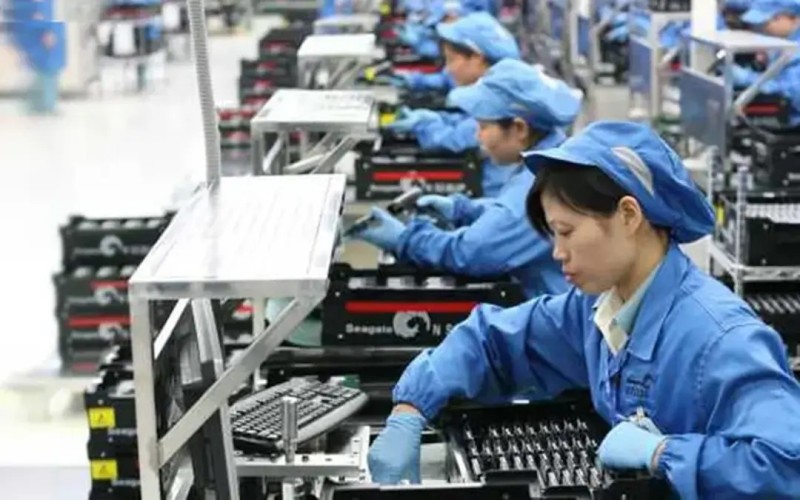
PETALING JAYA: Malaysian manufacturers should not be expected to shift their production to the US to avoid newly imposed tariffs, a key business group has said.
In a statement to FMT, the Malaysian International Chamber of Commerce and Industry (MICCI) described the proposal—associated with former US president Donald Trump—as impractical for most local firms.
While large multinationals with deep capital reserves and global footprints may benefit from it, MICCI said such a move would pose a major obstacle for small and medium enterprises (SMEs), the backbone of Malaysia’s industrial sector.
It said that setting up production in the US would create substantial cost pressures, including through higher labour and raw material expenses, as well as foreign exchange risks, given the strength of the US dollar against the ringgit.
“For many businesses, the compounded effect of these factors could easily outweigh any tariff relief and undermine business sustainability,” the statement said further.
“It is simply not a commercially viable solution for most Malaysian manufacturers.”
The group stressed that relocating production is a complex, long-term investment that requires careful evaluation of supply chain readiness, customer proximity, access to skilled labour, and long-term cost stability.
Instead, MICCI urged the government to strengthen Malaysia’s trade position through diplomatic engagement with the US.
It also called for greater support for local manufacturers via incentives for digitalisation, automation and export market diversification.
On July 7, the US announced a 25% tariff on Malaysian goods effective Aug 1. In a letter to Prime Minister Anwar Ibrahim, Trump said the tariff was necessary to address the “unsustainable” US trade deficit with Malaysia, which he described as a threat to the US economy and its national security.
Pointing out that no tariffs would be imposed if Malaysian companies chose to manufacture in the US, Trump promised to fast-track approvals to facilitate relocation to US shores.
However, the Small and Medium Enterprises Association of Malaysia (Samenta) urged policymakers and businesspeople not to place too much emphasis on Trump’s suggestion, adding that national policy should not be dictated by foreign political cycles.
Samenta chairman William Ng told FMT that Malaysian businesses should instead focus on building resilience, scalability, and long-term competitiveness, rather than reacting to “policy short-termism”.
He acknowledged that co-investments and strategic partnerships with US entities may make sense for selected large firms and high-margin producers.
Such businesses should receive government backing on a case-by-case basis, he said, especially if they result in job creation or technology transfers that benefit Malaysia.
“But I can’t think of many Malaysian brands or products that would thrive under such arrangements. This highlights the urgent need for us to innovate and move beyond being mere assemblers,” he said.
“For the vast majority of Malaysian manufacturers, especially SMEs, relocation is not a viable option. Costs for raw materials, labour, compliance and land are far higher in the US.
“Even with the 25% tariff, Malaysia still holds a significant cost advantage. At most, we might consider shifting operations to countries with lower tariffs, but only if we believe these reciprocal tariffs will persist beyond the current US administration.”
Ng called for Malaysia to speed up trade diversification efforts, especially through under-utilised free trade agreements, like the Regional Comprehensive Economic Partnership and Comprehensive and Progressive Agreement for Trans-Pacific Partnership.
He said the current tensions should serve as a wake-up call for Malaysia to reduce reliance on a single export market and to strengthen its domestic manufacturing base.
“The heavy-handed way in which the tariffs are being imposed sends a worrying signal to exporters—especially our SMEs and mid-tier firms that depend heavily on the US market—that it’s time to diversify, and quickly,” said Ng.
Source: https://www.freemalaysiatoday.com/category/nation/2025/07/18/impracticable-to-expect-manufacturers-to-reshore-to-us-says-biz-group

